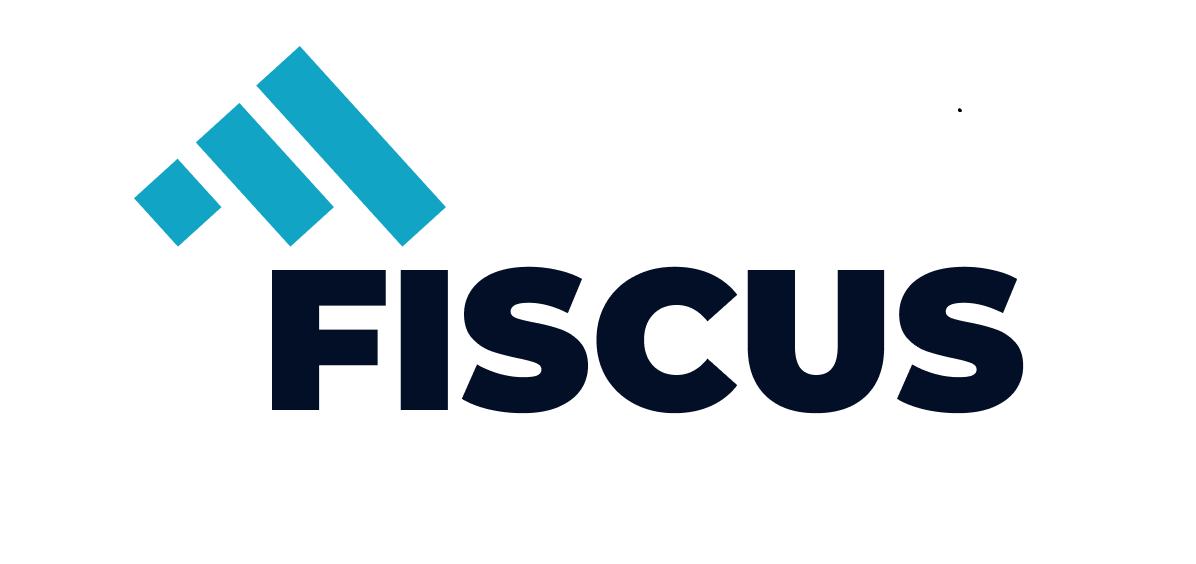
Today, organizations adapt to the dynamism created by rapid technological progress with agile teams and lean organizational structures. Traditional finance and accounting procedures are insufficient to succeed in this dynamic process. For this reason, the finance department has taken on strategic tasks within the organizational structure to achieve long-term success. Now, the finance department in contemporary organizations is a function that adds value in a variety of areas, ranging from technological investment decisions to organizational structuring, marketing strategy to human resource management. As FISCUS, we serve the organizations as a strategic finance function with our comprehensive services.
Many organisations require high level financial analysis and advice on a regular basis, but have no need for a full-time Finance Professional.
The smart way to access financial management expertise
We develop a strategic financial plan by analyzing the major factors affecting the organization’s scope of business.
Our main practices within the scope of strategic planning are as follows;
- We support the design of the main strategic planning of the organization by using analysis techniques such as SWOT, PESTEL, Scenario Planning.
- We utilize business intelligence resources to identify the organization’s strategic opportunities.
- We define long- and short-term financial goals in line with the organization’s strategic plan.
- We develop tactical planning to implement annual and/or short-term departmental goals linked to strategy.
- We identify critical success factors (CSFs) and key performance indicators (KPIs) related to the organization’s strategic plan.
- We oversee the progress of the strategic initiatives by making the resource planning in line with the long-term strategic plan.
We develop the budget by optimizing the organization’s financial and operational resource allocation.
Our main practices within the scope of budget management are as follows;
- We analyze fixed and variable operational and financial relationships of the organization.
- We analyze historical revenues and expenses of the organization related to its business line to determine seasonal patterns and predict annual requirements.
- We prepare the projected income statement, balance sheet, and cash flow statement by analyzing the organization’s operating cycle, activity levels, and macroeconomic assumptions.
- We project short-term sales, cash flows, inventory requirements, or other financial data of the organization.
- We develop the master budget plan, which is the main strategic budget management tool of the organization.
- We determine an appropriate budgeting methodology (e.g., flexible, continuous, rolling, zero-based) considering the business activity and macroeconomic environment of the organization.
We make developments to reduce the total cost by analyzing cost structure with the collaboration of other business functions within the organization.
Our main practices within the scope of strategic cost management are as follows;
- We perform cost eliminations by analyzing costs structure and its relationship with the organization’s value-creation model.
- We examine purchasing processes and make recommendations that will create savings.
- We make adjustments in the organization’s cost classification to improve financial reporting processes.
- We prepare cost reports and make variance analyses for management.
- We identify the areas that would improve the organization’s customer profitability. Also, we track the cost trends of the organization.
We analyze the structure of the cash flow of the organization and develop a plan to optimize it.
Our main practices within the scope of cash flow management are as follows;
- We analyze the operational structure that generates cash flow related to organizational activities.
- We determine the optimal level of cash flow by doing a cost-benefit analysis
- We determine the optimal level of cash flow by doing cost-benefit analysis
We develop performance management systems, evaluate the results, and prepare plans to improve performance.
Our main practices within the scope of performance management are as follows;
- We develop and implement a performance measurement process aligned with the overall strategic goal-setting process of the organization.
- We use key performance indicators (KPIs), balanced scorecards, dashboards to present and track the financial development of the organization.
- We perform a comprehensive variance analysis of the organization’s budget and interpret drivers of performance variances.
- We evaluate the potential impact of macroeconomic, social, political, and environmental factors on the organization’s financial results.
